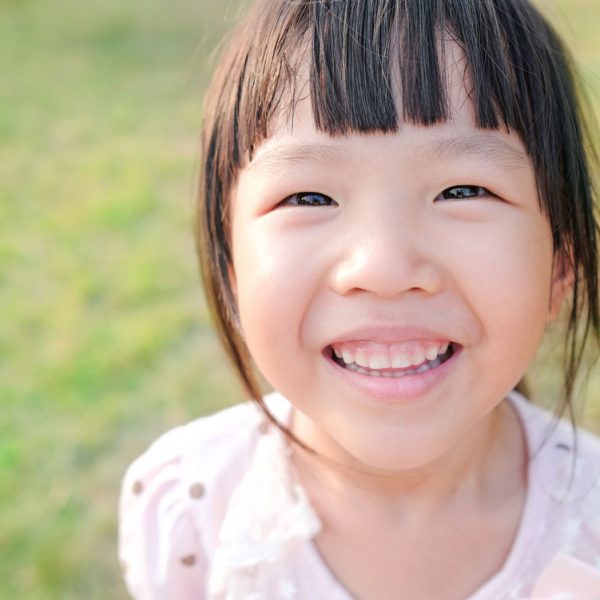How are we different? How are we the same?
Your child is unique! They have thoughts and opinions that are separate from yours. Encourage them to explore their interests and figure out what they love about themselves!
Your child understands that people are different. They recognize that they have their own gender, skin color, body shape, and personality. No matter how much we tell our kids that differences make us special – sometimes kids just want to “fit in.” Encourage your child to celebrate their own unique qualities, as well as the things that make others special.
Your child is an extraordinary human being.
Pay attention to and acknowledge all of the awesome things about them! Talk to your child about what they like about themselves. What are they good at? What are their strengths? Make it “ok” to be good at some things and not-so-good at others. Encourage your kids to celebrate others’ strengths – not compete with them or compare themselves.
- As your child comes into contact with more and more people, they may begin to make negative comparisons between themselves and others. Try and guide your child to celebrate others’ abilities without putting themselves down. Focus your child’s attention on their individual strengths and support them to practice skills that they want to improve.
- It can be helpful to remind them that it’s okay to change their minds about what they like and don’t like as they learn about the world around them.

As the days fly by, your kid is growing bigger and stronger!
Your child will begin to notice how they are growing compared to their friends, and sometimes these changes can seem confusing. Help your child understand that everyone grows and changes in different ways and at different speeds.
- Baby pictures and videos are a great way to show your child how much they have grown. Talk about what you remember and love about them at each age.
- Use these opportunities to talk about differences between your child and their siblings, friends, and even you when you were a child. Ask your children what they remember about themselves at different ages, their siblings at different ages, and things that they think make other people special.
Every day your child is learning who they are.
Your child will learn more and more about themselves, but may not fully understand everything that they are feeling or learning. Being thoughtful about your child’s growing sense of identity (including those that you may not fully understand yourself) can feel complicated and confusing.
- Encourage open and safe dialogue with your child; allow them to explore parts of themselves without fear of judgment or rejection. Parenting our children as they develop a sense of self can be scary. Your job is to provide a safe and loving space for your children to discover new aspects of themselves.
